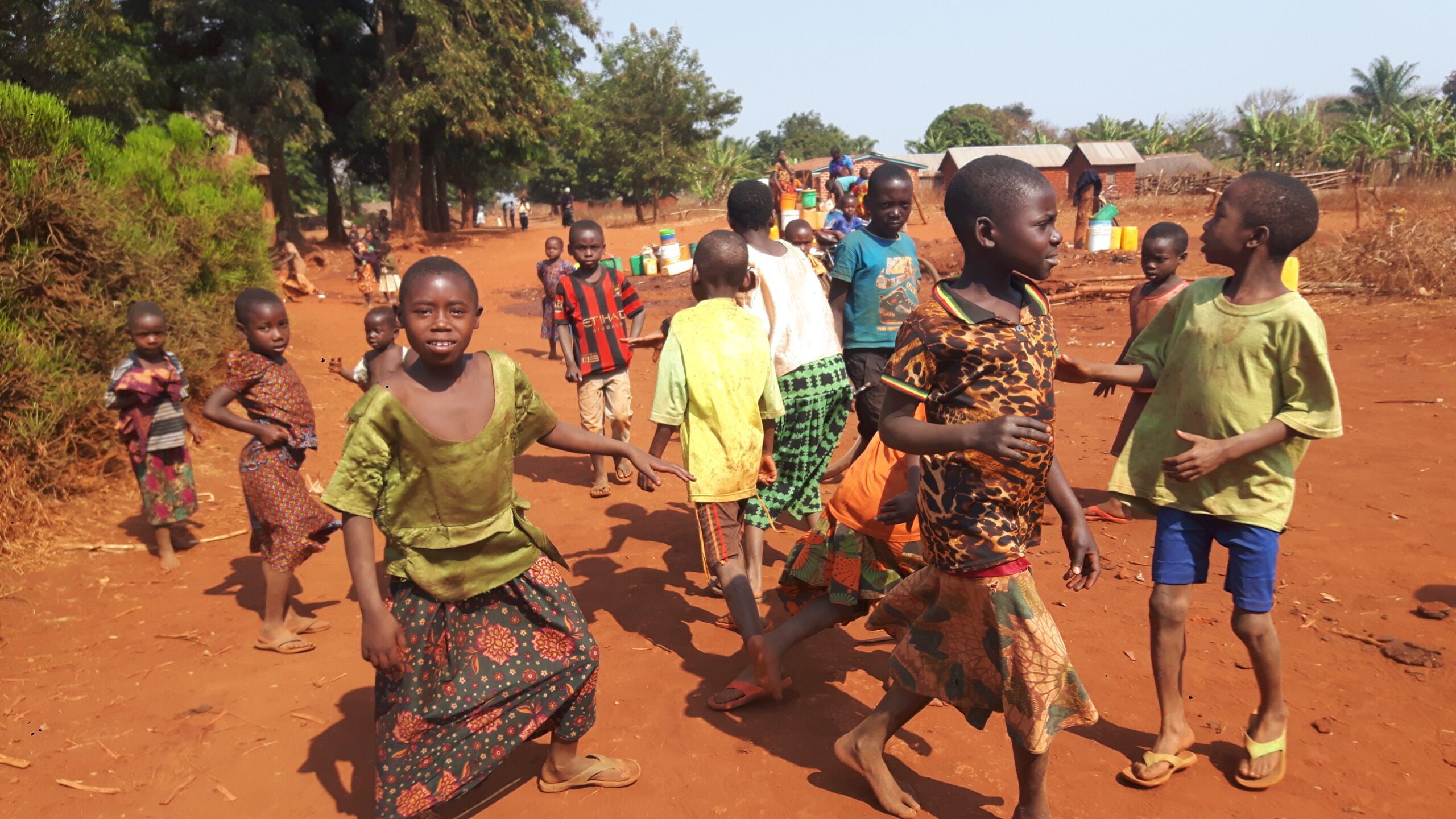Community
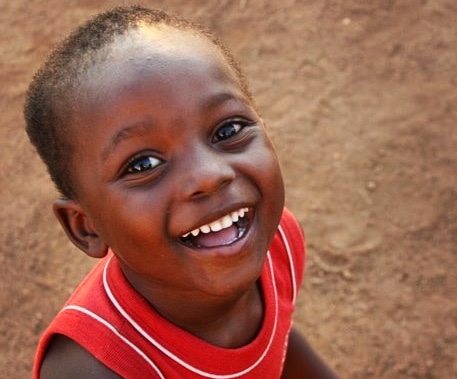
What many take for granted can only be dreamed of by communities in extreme poverty such as Zeze. But this dream isn’t impossible to achieve. We believe everyone has the right to life’s basics – a roof over their heads, enough food to eat, clean water to drink and the education needed to build a brighter future. We are dedicated to developing our community, from empowering women and young people, to training people and giving them loans to help lift them out of poverty.
Microfinance and business training
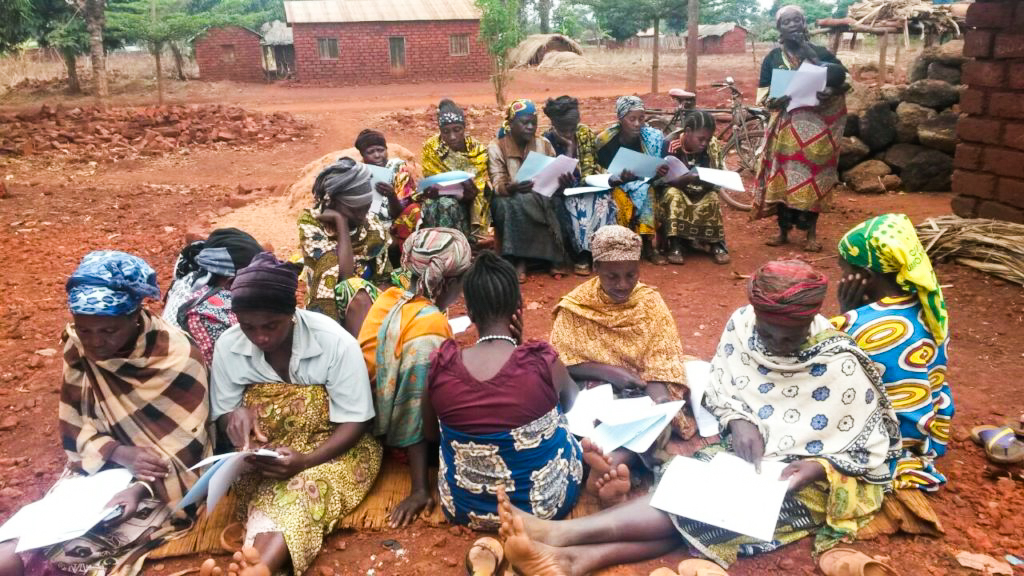
Although Tanzania is now a middle-income country, many inhabitants of rural areas are still living below 1 USD a day, struggling to meet their families’ daily needs. As part of our three-year plan started in 2023, we are allocating about 60% of our annual budget to entrepreneurship development, providing micro-loans to small businesses that operate mainly in agriculture. Since its launch in 2015, over 2,674 individuals have benefitted from our entrepreneurship training program, resulting in a 45% average increase in household income. The scheme encourages all the beneficiaries to plant trees and more sustainable environmental practices. These beneficiaries then become ambassadors to the community about ways of generating income without causing adverse impacts on the environment. These profits have enabled our clients to reroof their houses, provide school supplies to their children, buy food and medicine for their families. Economic empowerment is key to development.
Empowering women and girls
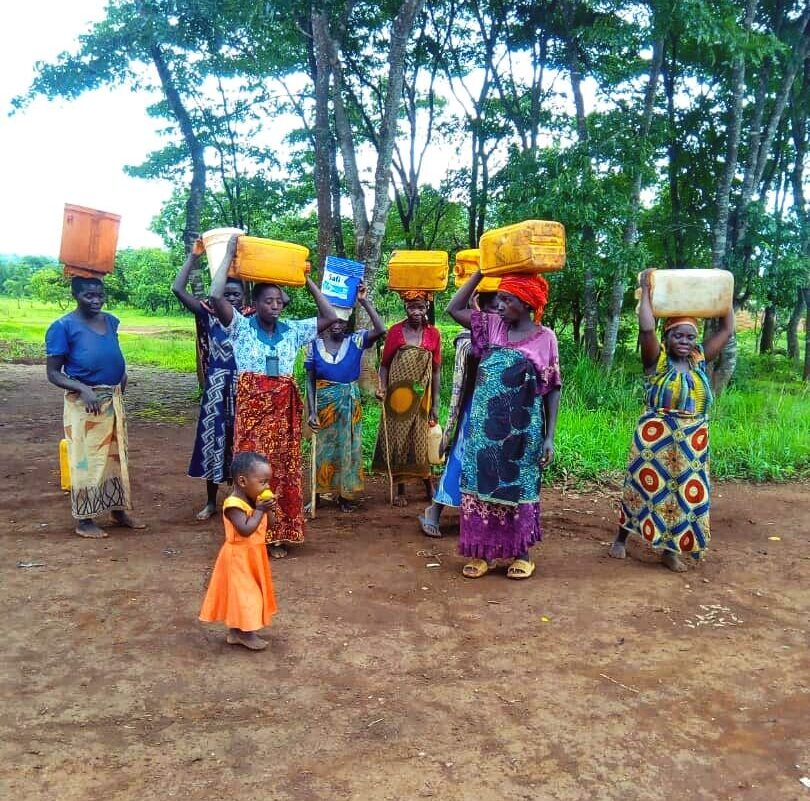
We believe in fighting inequality, and we know that by empowering women we are also empowering the community. In addition to benefitting from improved access to water, women are key beneficiaries of our microfinance loan scheme, to help them increase their income generation. Our microfinance loans can help women start their own businesses and grow in confidence. As a result, women have been able to take their children to the doctors and buy medicine or pay for their older children to study and train in a vocation that will lead to work.
Over the last decade, we have trained 1,332 local women on how to start a small business and given out 1,064 small loans to women’s groups to enable them to start them, transforming lives. Petronia used her loan to start selling palm oil in the market: “When my 8-month-old baby started excreting blood, I was able to use the money from my business to take her to the doctor for treatment”.
At first, there was some resistance from some men in the village, who were concerned that women getting loans would be a threat to their authority. Now the same men ask Benedicto how their wives can apply for a loan! Some couples now work closely together as business partners, whereas previously they worked much more separately. This appears to have had a positive effect on their relationships, which was confirmed by the women themselves. In the training, women were told, “Don’t use your loan to exploit your husband, rather money should be a tool for strengthening the love in your family.” They seem to have taken this to heart!

Putting Zeze on the map!
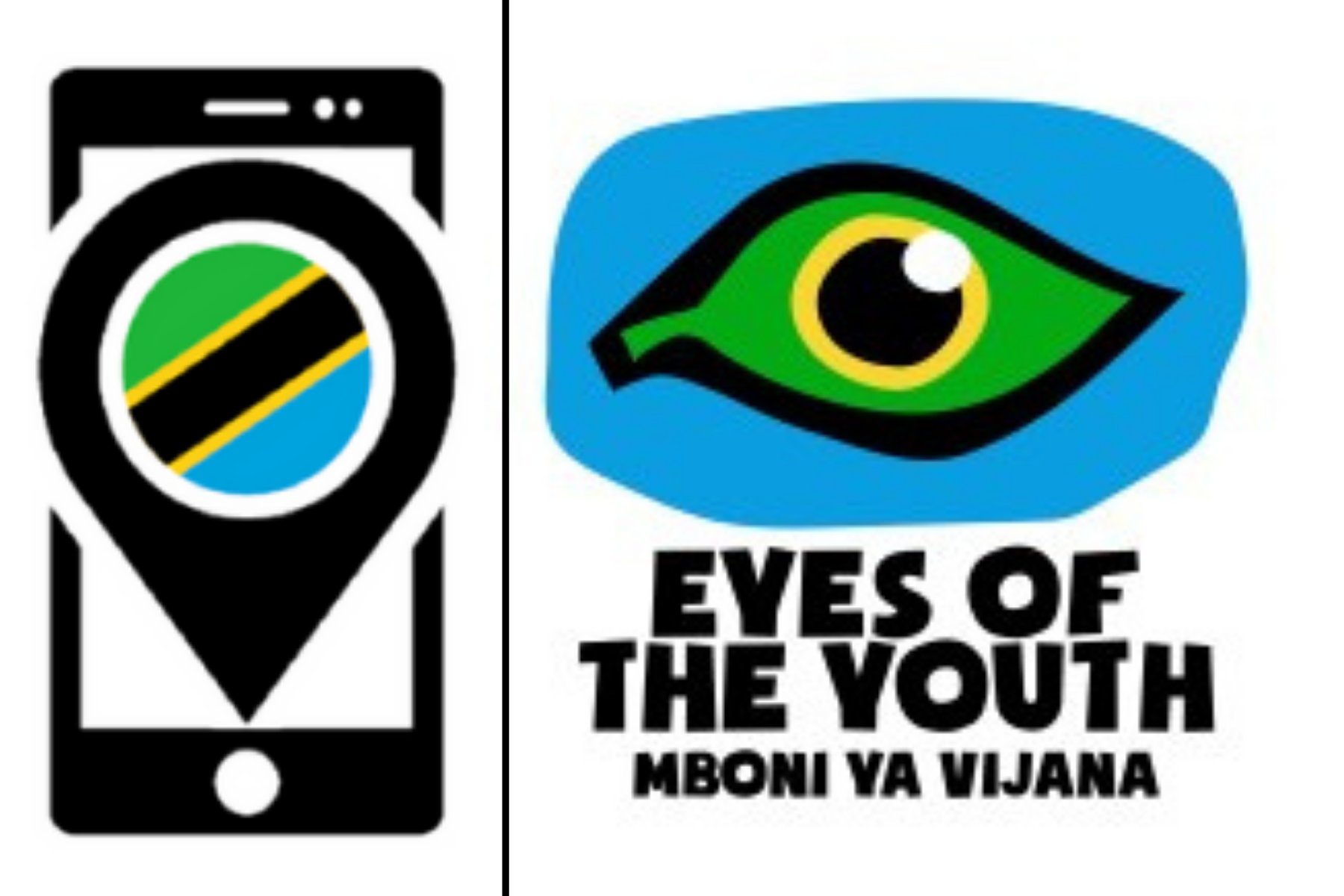

Zeze is a village of about 9000 people, but as recently as 2015 it did not appear on maps. Now, on OpenStreetMap, an open-source map of every building and road is shown, thanks to the Crowd2Map Tanzania project which we have been an active part of since the beginning.
Crowd2Map is a crowdsourced mapping project putting rural Tanzania on the map. Since 2015, we have been adding schools, hospitals, roads, buildings and villages to OpenStreetMap, an open-source map available to all, with the help of over 11,500 volunteers worldwide and 1600 on the ground in Tanzania. With minimal budget and no staff we have so far added over 4.1 million buildings and trained community mappers in 26 areas of Tanzania. It helps community development in places like Zeze. The mapping is in two phases – firstly online volunteers trace roads and buildings from satellite images, then volunteers on the ground add names of villages, clinics, offices, churches, shops and other points of interest using a free smartphone app Maps.Me.
We have also trained many local people around Zeze to use maps for navigation, community development and planning, as well as to use data collection tools such as Open Data Kit (ODK). We have helped set up Youthmapper chapters in 7 different universities in Tanzania and given training to many different community groups.
Youth programs
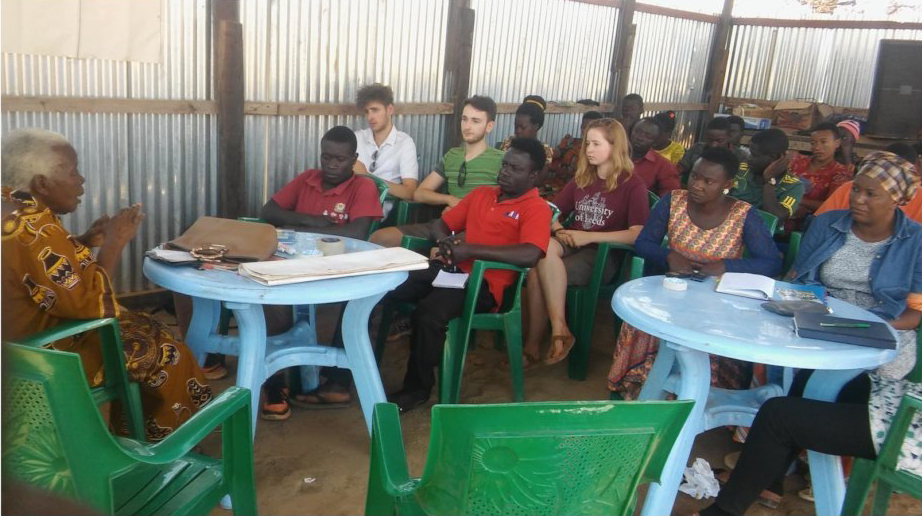
We know that by training and educating the youth we are not only providing opportunities for the future, but also making sure our environment will be protected too. Young people growing up in rural areas tend to lack confidence in their abilities and avoid taking risks, which hampers community development. To overcome this and help them realise their full potential, we have trained over 620 young adults in various skills such as welding, carpentry, borehole drilling, beekeeping, soap production, and other income-generating activities compatible with sustainable development.
For three consecutive years, we held youth camps which delivered technical and entrepreneurial skills to young people from all across Tanzania. The goal was to allow the strategies and ideas used by Mboni ya Vijana to build income and food security to spread quickly and successfully. Young people who took part learned, shared and enjoyed different skills. The camp involved making bricks to help Zeze Secondary School build a laboratory, and participants learned about the Sustainable Development Goals (SDGs), laws and environmental issues including adaptation to climate change. The youth who participated in the camp were soon using their skills to make and sell products and to help their communities.
More recently, within the context of our Hope Rising scheme initiated in 2024, we focus on local teenagers aged 13 to 20 who have exited the realm of formal education. After six months of training, we help them launch and finance their own small businesses. The first cohort, composed of 28 teenagers, will graduate in November 2024. We are hoping to expand this program in 2025 to include 60 teenagers per cohort.

